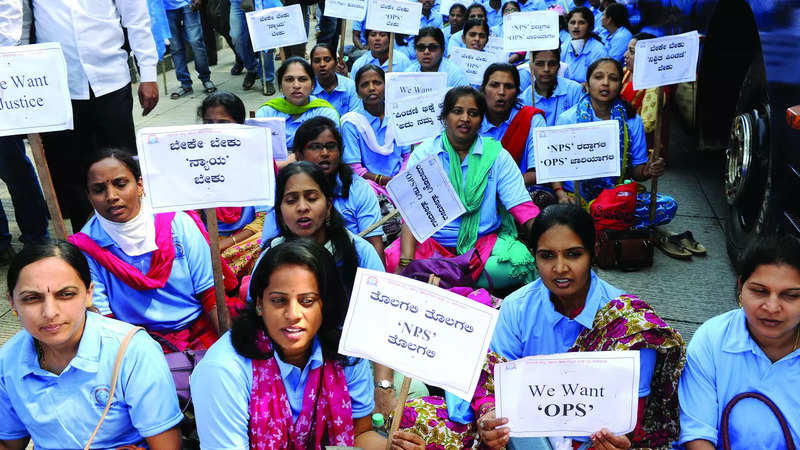India has transitioned to a Unified Pension Scheme, preserving the New Pension System’s core aspects and ensuring a minimum pension of 50% of the last-drawn salary. This shift counters the Congress party’s advocacy for the Old Pension System and reflects a compromise between economic prudence and employee welfare
As India’s population ages, pensions have become important political issues. Rahul Gandhi and the INDIA bloc had campaigned during the general election for abolishing the New Pension System (NPS) enacted in 2004 and returning to the Old Pension System (OPS). So, when the govt last week shifted to a Unified Pension Scheme (UPS), many claimed that because of its reduced parliamentary majority, BJP could no longer assert itself as before and, hence, had to retreat.
To call this a victory for Rahul Gandhi, the strongest proponent of OPS, would be a mistake. The fundamentals of NPS remain intact, and UPS merely provides a minimum guarantee that pensions will be at least 50% of last-drawn salary. This is a desirable improvement, but not a retreat. It is a victory for good sense and a defeat for a labour ‘revdi’.
This article was originally published by The Times of India on August 31 2024.


